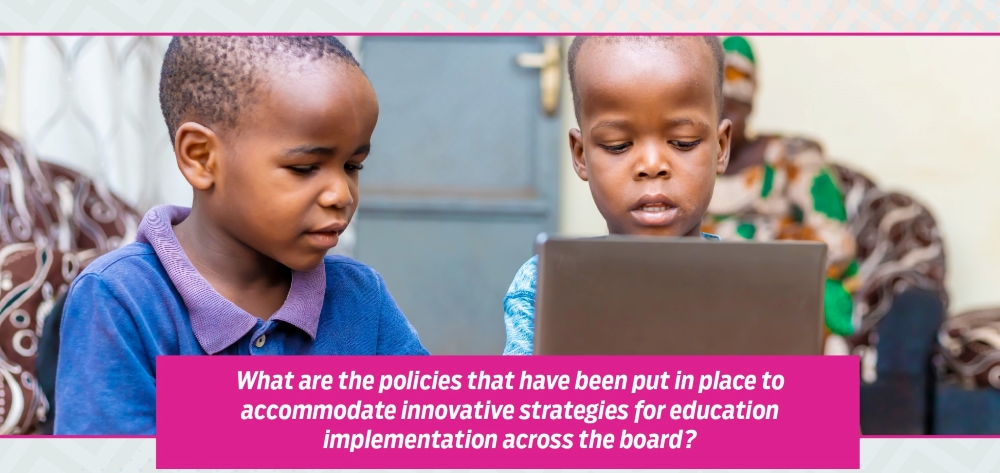“To tackle the obstacles before us that undermine peace and development we need, at every level – from the highest echelons of government to the smallest village community – leadership that is both moral and innovative.” —Dr. Hyun Jin P. Moon (Global Peace Leadership Conference 2018)
Our world is changing rapidly and in unpredictable ways. The global pandemic has underscored the need for readiness in online access, quality of education, and wellbeing of students and teachers. The need for moral and innovative educational leadership has never been more pertinent as systems and schools explore ways for continued learning and engaging students in the current climate and towards the recovery.
In order to adapt to the current and post-pandemic environment as well as the buildup of automation, artificial intelligence, robotics, and the Fourth Industrial Revolution, educators and administrators are having to rethink ways to prepare the next generation for the future. Thought leaders explored new trends, ideas, policies, models and notable practices underway internationally, nationally, and locally that prepares students for the future and to be successful in all aspects of their lives on a virtual conference hosted by Global Peace Foundation.
The conference especially highlighted exceptional models in Africa that have been making leaps in transforming education over the years, only increasing their efforts further after the global pandemic hit. Seeing the crisis as rather an opportunity for innovation. Online platforms are affecting how education is delivered and making it even more accessible for many. At the same time, the digital divide is also bringing into greater focus underserved communities, especially rural areas with inadequate infrastructure and absence of connectivity, challenges that confronted much of Africa before the pandemic struck, bringing it to the attention of key leaders and stakeholders in the African region.
Institutions of higher education have the physical and cyber infrastructure and educational expertise that could be deployed, and in the future, integrated into a holistic approach to education.
With all these opportunities, a major factor for success will remain within the home. The role of parents is more urgent than ever with the closure of schools and online learning reverting to the home. Soft skills like communication, collaboration, critical thinking, and problem solving—and values such as kindness, compassion, and respect—are learned in the home and are the foundation upon which skills can be developed and applied for human progress.
The original post appears on Global Peace Foundation. Global Peace Foundation is an international non-sectarian, non-partisan, nonprofit organization, which promotes an innovative, values-based approach to peacebuilding, guided by the vision of One Family under God. GPF engages and organizes a global network of public and private-sector partners who develop community, national, and regional peace building models as the foundation for ethical and cohesive societies. Dr. Hyun Jin Preston Moon is founder and chairman of the Global Peace Foundation.

